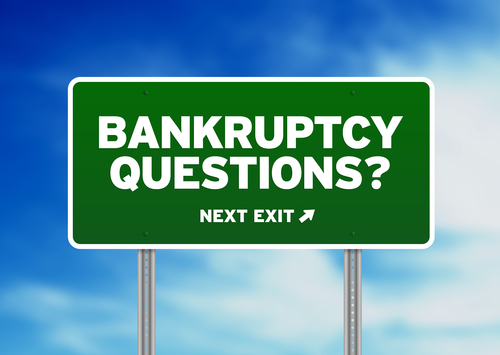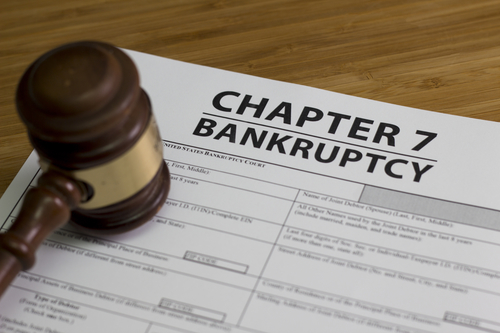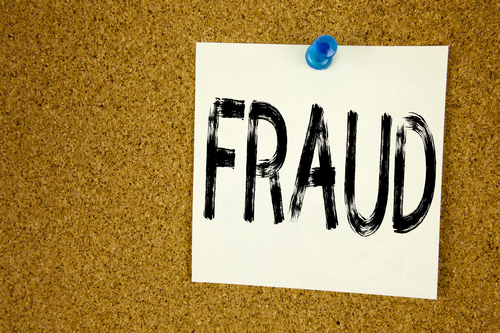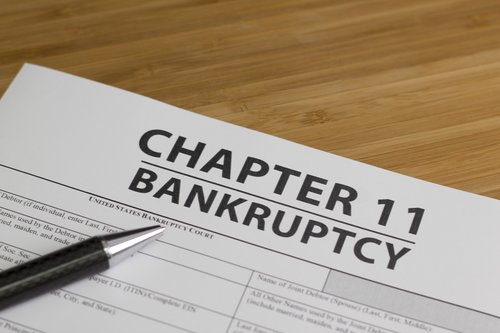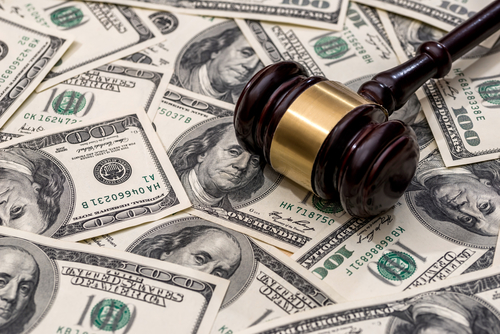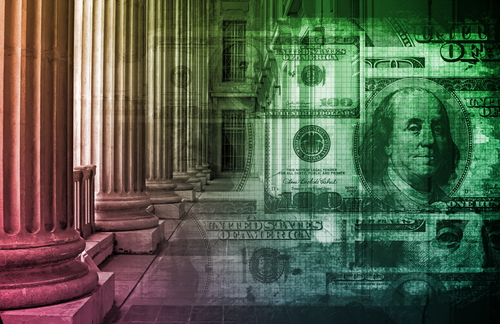Creditor Alert: Second Circuit Affirms Dismissal of an Involuntary Bankruptcy Case That Fundamentally Constituted a Two-Party Dispute
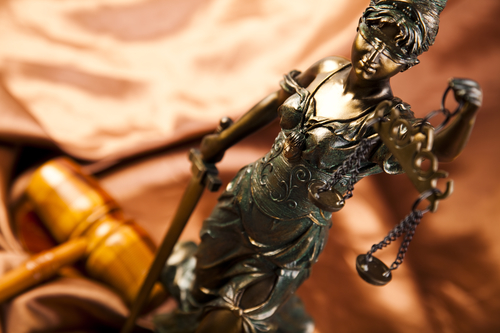 By Michael L. Moskowitz and Melissa A. Guseynov
By Michael L. Moskowitz and Melissa A. Guseynov
In an opinion of interest to both debtors and judgment creditors, the Court of Appeals for the Second Circuit recently upheld the dismissal of a chapter 7 involuntary bankruptcy petition filed against debtor, Matthew Murray (“Debtor”), over the opposition of judgment creditor Wilk Auslander LLP (“Creditor”). Wilk Auslander LLP v. Murray, 17-1272 (2d Cir. Aug. 14, 2018). Read the full opinion here.

